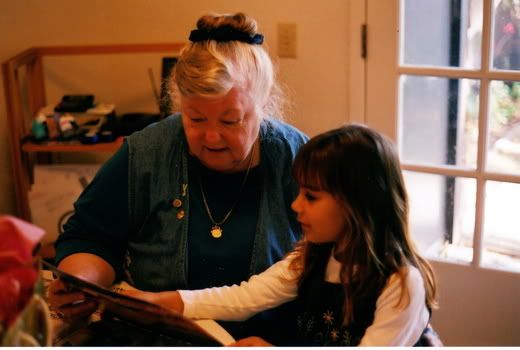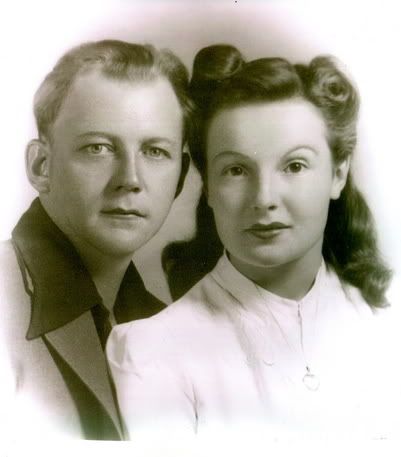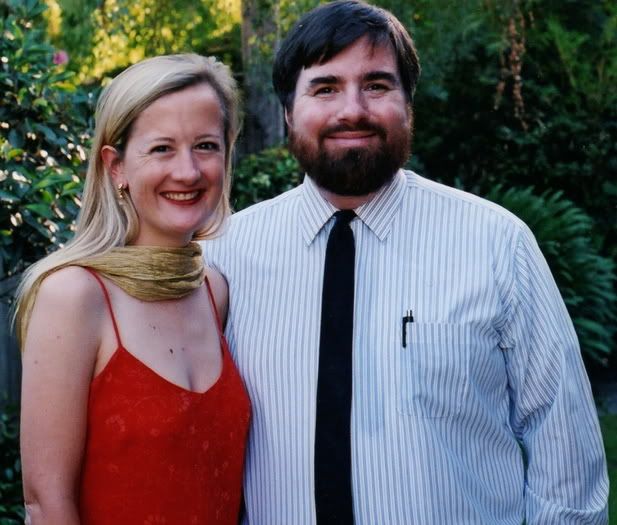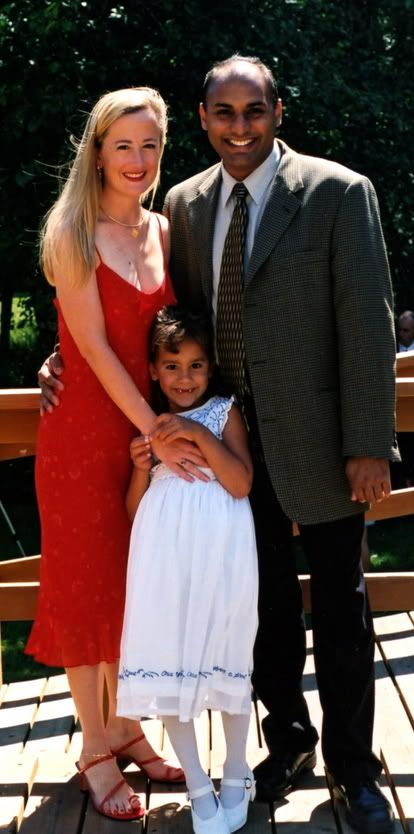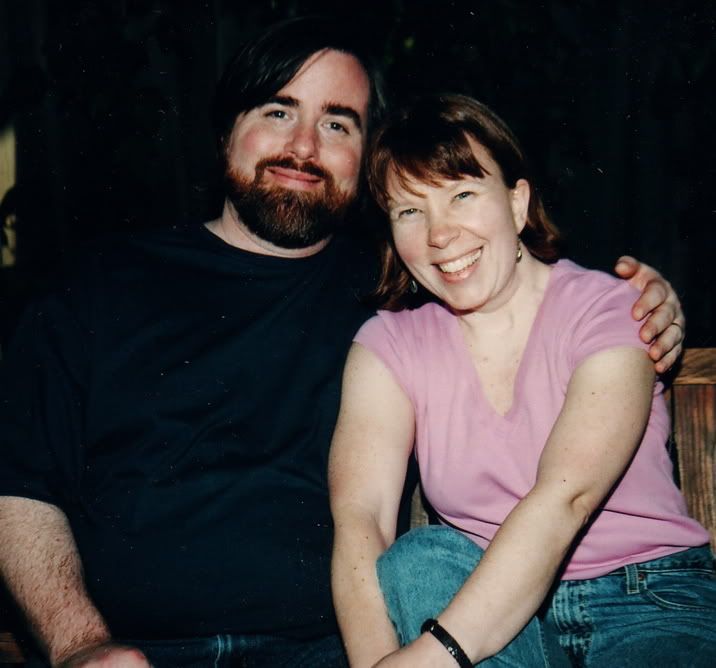 Yesterday I talked about the Minnesota Starvation Study done in the 1940s by Ancel Benjamin Keys, Ph.D., which examined the results of starvation on a group of 40 healthy young men, as discussed by Sandy Szwarc, of Junkfood Science in her post, How we've come to believe that obesity is caused by overeating. In that post, I looked at some of the physical effects of starvation/dieting and examined my own dieting experience with what Dr. Keys discovered. Today I want to look at the psychological effects.
Yesterday I talked about the Minnesota Starvation Study done in the 1940s by Ancel Benjamin Keys, Ph.D., which examined the results of starvation on a group of 40 healthy young men, as discussed by Sandy Szwarc, of Junkfood Science in her post, How we've come to believe that obesity is caused by overeating. In that post, I looked at some of the physical effects of starvation/dieting and examined my own dieting experience with what Dr. Keys discovered. Today I want to look at the psychological effects.But the psychological changes that were brought on by dieting, even among these robust men with only moderate calorie restrictions, were the most profound and unexpected. So much so that Dr. Keys called it “semistarvation neurosis.” The men became nervous, anxious, apathetic, withdrawn, impatient, self-critical with distorted body images and even feeling overweight, moody, emotional and depressed. A few even mutilated themselves, one chopping off three fingers in stress. They lost their ambition and feelings of adequacy, and their cultural and academic interests narrowed. They neglected their appearance, became loners and their social and family relationships suffered. They lost their senses of humor, love and compassion. Instead, they became obsessed with food, thinking, talking and reading about it constantly; developed weird eating rituals; began hoarding things; consumed vast amounts of coffee and tea; and chewed gum incessantly (as many as 40 packages a day). Binge eating episodes also became a problem as some of the men were unable to continue to restrict their eating in their hunger.Think about these results for a moment. And then think about them again. And then think about the degree to which the government is involved in promoting the idea that we are in the midst of an "obesity epidemic." And the concern of governments all over the world with childhood obesity.
The act of restricting food and the constant hunger “made food the most important thing in one’s life,” said one of the participants. “Food became the one central and only thing really in one’s life. And life is pretty dull if that’s the only thing. I mean, if you went to a movie, you weren’t particularly interested in the love scenes, but you noticed every time they ate and what they ate.”
These experiences are familiar to those who’ve spent their lives dieting. In fact, many of the symptoms once thought to be primary features of anorexia nervosa are actually normal biological responses of undernutrition and restrictive eating, said David M. Garner, PhD., director of River Centre Clinic in Sylvania, Ohio, in Psychoeducational principles in the treatment of eating disorders (NY: Guilford Press, 1997). It was actually Dr. Keys’ research that first evidenced the role of dieting in increasing risks for eating disorders.
The extreme physical and mental effects Dr. Keys observed led to his famous quote: “Starved people cannot be taught democracy. To talk about the will of the people when you aren’t feeding them is perfect hogwash.” This was also what led early feminist activists to see dieting and weight concerns as a way to keep women preoccupied with food, filled with guilt and self-hatred, more easily influenced by others, and too mentally and physically exhausted to succeed professionally and politically.
Today's political landscape requires that we be informed and capable of critical thinking. Remembering that the subjects Dr. Keys worked with were on 1,600 calories a day and that most reducing diets are 1,200 calories or less a day. That once the calorie restriction part of the study was complete, the subjects naturally ate 4,000 calories a day and that when dieters find themselves eating over 2,000 calories a day they panic about the "binge" eating they are doing and try to put themselves back on their diets. That the Minnesota study subjects wanted to regain the weight they had lost and dieters do NOT. How many dieters ever get back to a state of psychological health? How many are ever really capable of their best critical thinking and deepest thought? How many are in a state to pay close attention to what the government is doing?
At the very least, this national obsession with weight is reducing not our waistlines but our vigilance. I'm not a conspiracy theorist, and I don't think that anyone is purposely seeing if they can get us to starve ourselves into a state of apathy about the direction our government is going. But isn't it convenient for them?
And I do believe that the diet industry, which brings in over $66 billion a year, lobbies strongly for obesity measures from the government to increase their profits. And I also believe that if anyone is aware of the rest of this, if they know just how uncritical dieting makes the populace, it doesn't bother them in the least.
Recruitment poster courtesy Sandy Szwarc, Junkfood Science






















